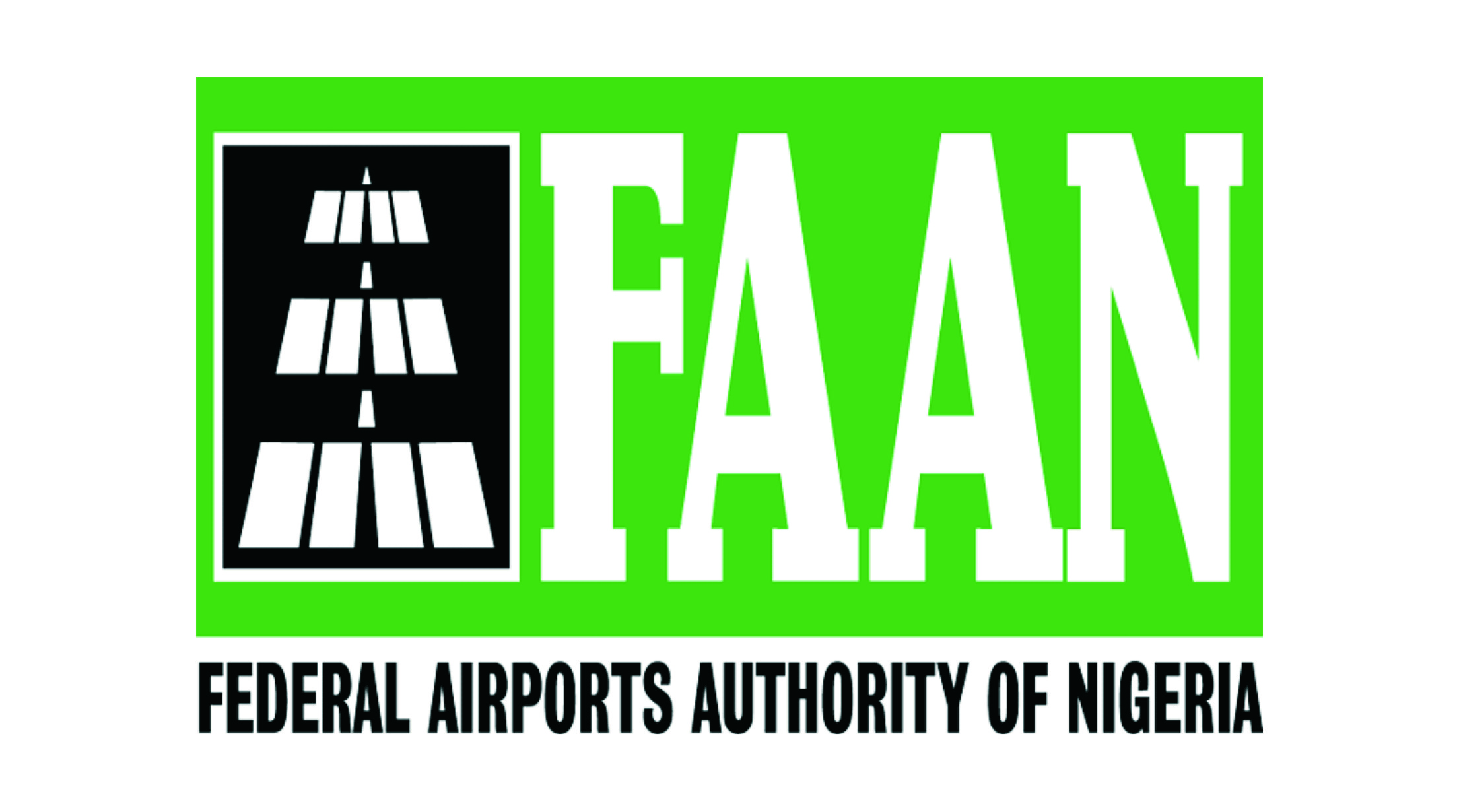Business
FAAN Operates New VIP Lounge At PH Airport …As RSG Lounge Remains Shut

The Federal Airports Authority of Nigeria (FAAN) now operates a new VIP/Protocol lounge at the Port Harcourt International Airport, Omagwa, where top political office holders and top company executives, among others, are hosted while in the airport.
The Tide’s findings revealed that while the VIP/Protocol lounge owned by the Rivers State Government remained under lock and key, governors and other personalities are now being diverted to the new lounge being run by FAAN.
When contacted for comments on the development, the Head of the Corporate Affairs Department at the airport, Mr Kindle Akinbode, explained to The Tide that it was not FAAN but the Nigerian Civil Aviation Authority (NCAA) that closed the Rivers State Protocol Lounge.
According to him, the regulating agency closed the lounge because it did not meet the Covid-19 standard protocols for operation.
“The NCAA said that all the taps dispensers and door at the lounge must be changed from manual to sensor ones to avoid touch.
“I personally sent a letter to the governor of the state through the Chief of Staff, informing him of the development, two weeks before we resumed operation at the airport.
“The protocol lounge was built and is maintained by the Rivers State Government, and everything you see there is put by them, and what we do is to run the place because it is within the airport environment, on behalf of the state government.
“The governor was aware of the standards of the Covid-19, and he had promised to address the issue of the lounge, and I know the efforts made by FAAN here to the extent that individuals had to raise money to meet the standards for this airport to resume operations”, he said.
Akinbode, however, described the relationship between FAAN and the Rivers State Government in running the lounge as symbiotic, adding that the other lounge belonging to FAAN is now serving as a bridge for VIPs to be received while at the airport.
He said that while the Rivers State Government’s VIP lounge attracts no charge, FAAN charges a token of N3,000 for those that make use of the FAAN’s VIP lounge with the exception of the governors.
Corlins Walter
Business
Fidelity Bank To Empower Women With Sustainable Entrepreneurship Skills, HAP2.0
Business
President Tinubu Approves Extension Ban On Raw Shea Nut Export
Business
Crisis Response: EU-project Delivers New Vet. Clinic To Katsina Govt.
-
Maritime5 days ago
Nigeria To Pilot Regional Fishing Vessels Register In Gulf Of Guinea —Oyetola
-

 Sports5 days ago
Sports5 days agoGombe-Gara Rejects Chelle $130,000 monthly salary
-
Maritime5 days ago
Customs Declares War Against Narcotics Baron At Idiroko Border
-

 Sports5 days ago
Sports5 days agoTEAM RIVERS SET TO WIN 4×400 ” MORROW” …Wins Triple jump Silver
-

 Sports5 days ago
Sports5 days agoNPFL Drops To 91st In Global League Rankings
-
Maritime5 days ago
NIMASA,NAF Boost Unmanned Aerial Surveillance For Maritime Security
-

 Sports5 days ago
Sports5 days agoNIGER DELTA GAMES PANACEA TO YOUTH DEV”
-

 Sports5 days ago
Sports5 days agoNPFL Impose Fines On Kwara United Over Fans Misconduct

